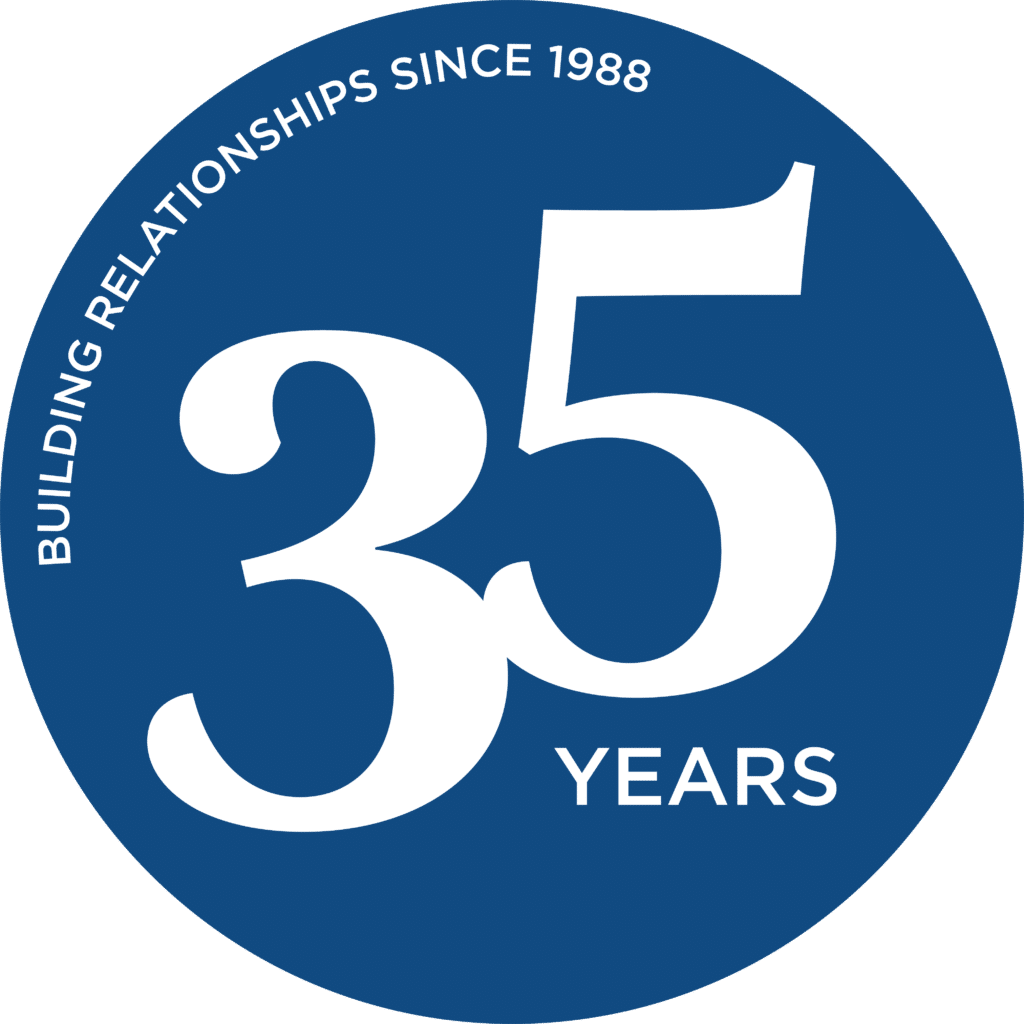Over the last few weeks, I have spent some time either attending or presenting on several calls and webinars related to HR and the COVID-19 crisis. The general discussions have focused on how HR leaders can look beyond the immediate crisis and develop effective talent strategies in a post-COVID environment. The sessions are usually interactive, and the focus of many of the comments tend to revolve around concerns for employee safety and how to effectively manage in the “next normal.”
I wanted to address some of these issues, to the extent possible, recognizing that the situation is dynamic and subject to change. In short, we may not yet have all the answers.
Preparing to Return to Work
So, what happens when the orders are lifted, business resumes, and employees return to work? In all likelihood, we will not experience a national “Come Back to Work Day.” Rather, business resumption will hinge on state and local mandates and workers may likely return on a staggered basis, perhaps based on factors such as roles critical to the company, test results, or health concerns. There will also be several considerations to keep in mind, such as the physical work environment and social distancing practices, perceived risk by employees worried about their personal safety, and schedule flexibility, especially for those employees with children who now may find themselves as part-time teachers in addition to their full-time job. Many organizations have already begun to implement return-to-work “task forces” or “advisory teams” which include members of HR and other staff and/or leadership roles. The focus of these groups is to help develop guidelines as the organization prepares to return to work and to identify the most prominent employee concerns. This is critical as it involves employees in the decisions that will impact their safety, promotes buy-in, and may provide additional peace of mind.
Employee Safety
The specific steps an employer takes to ensure its employees’ safety may vary depending on the industry. Before reopening any physical workplace, organizations should consider the guidance provided from the Centers for Disease Control and Prevention (CDC), the Occupational Safety and Health Administration (OSHA), state and local authorities, as well as any best practices for workplace safety. Input from employee-based advisory teams is also strongly encouraged. Here are a few considerations:
- Conduct a risk assessment to identify and classify the exposure risk level of the various roles in the workplace in accordance with OSHA Guidance and communicate findings.
- Encourage specific hygiene practices, such as frequent hand washing, coughing and sneezing etiquette, use of hand sanitizers, wearing of masks, and use of disinfectant wipes for personal workspaces.
- Review existing cleaning procedures and consider enhancements, particularly for common areas where appropriate.
- Reconfigure office space to create more distance between onsite employees.
- Consider utilizing in-office videoconferencing, postponing (or conducting virtually) planned conferences, “all hands” or other large meetings, and limiting seating in breakrooms and cafeterias.
- Consider alternating work schedules to limit the number of employees arriving, leaving or working on the premises at the same time.
- Update policies with respect to sick leave, family and medical leave, employee leaves of absences, etc., to ensure compliance with applicable law and coordination with new pandemic-related legislation.
- Consider employee health testing and monitoring but understand and be prepared to address the legal implications (i.e., state-specific privacy laws, wage and hour issues, confidentiality, selection consistency, and ADA and EEOC viewpoints).
Things Will Be Different
The “next normal” will most likely not be a complete return to the ways of working prior to the pandemic. It is hard to ignore that the COVID-19 response has accelerated several transformative processes that might be difficult to reverse—including what could be a successful adoption of remote working protocols. Technology has made it easier to work remotely now more than ever. And for the first time ever, all levels of the organization are leveraging this technology and are seeing first-hand the benefits and the shortcomings of this new way of working. Those organizations that see increased efficiencies (i.e., response time, employee engagement, reduced turnover, etc.) will be hard-pressed to justify returning to a pre-pandemic mindset. The genie is out of the bottle.
HR has an opportunity to take a lead role in providing an objective analysis and recommendations where certain positions—with the right protocols—can function remotely. This could have the added benefit of attracting a wider and more qualified talent pool, while reducing the amount (and cost) of physical office space
Leadership Will Be Different
Obviously, the current situation is dynamic. It’s also ambiguous. The rules are constantly changing. Depending on the business impact and duration of the virus, leaders may need to plan against multiple scenarios—everything from riding out the storm to fundamentally changing how they do business. They will need to make smart decisions concerning reorganizations, staff reductions, retention, and hiring. Before this started, concerns over reskilling and upskilling the workforce were a top priority. There is no reason to believe this will go away. The process for addressing those priorities may take on a different form and HR leaders (leadership development professionals in particular) will need to be innovative in how they create and deliver development programs.
Certain leadership skills and behaviors may now come to the forefront, such as managing in ambiguity, strong communication skills, and demonstrating calm in stressful situations. Particularly now, company leaders will need to listen more intently to their employees’ concerns, which are really everybody’s concerns right now. Many people are afraid and uncertain. It’s a perfect opportunity for leaders to be more understanding, build relationships and become more collaborative.
A Call to Action
As indicated earlier, the situation remains fluid and, as such, no one will have all the answers. HR leaders will first need to develop a point of view as to how their organization has been impacted by the pandemic—in both level of severity and potential duration. The HR and talent strategy implications will be different for each organization depending on where they are on that spectrum. No company leader has faced this type of crisis before. These are uncharted waters and there is no map on how to navigate.
Most importantly, HR will need courage. The most courageous leader is the one who makes the initial decision to move forward in a particular direction. That decision is usually the most difficult, as it is something that hasn’t been done before and there are no guidelines or safety rails to keep things in check. After that, others usually follow. HR leaders have a fundamental responsibility to safeguard the health of the organization and, as such, they have an obligation to make sure they have the right talent, culture, and leadership to ensure its continued success. By asking the right questions, they will play a critical role in helping their organization navigate through the current crisis and develop an effective post-COVID talent strategy.
Paul Jeffers
Vice President and Practice Leader, HR Consulting
CCI Consulting



